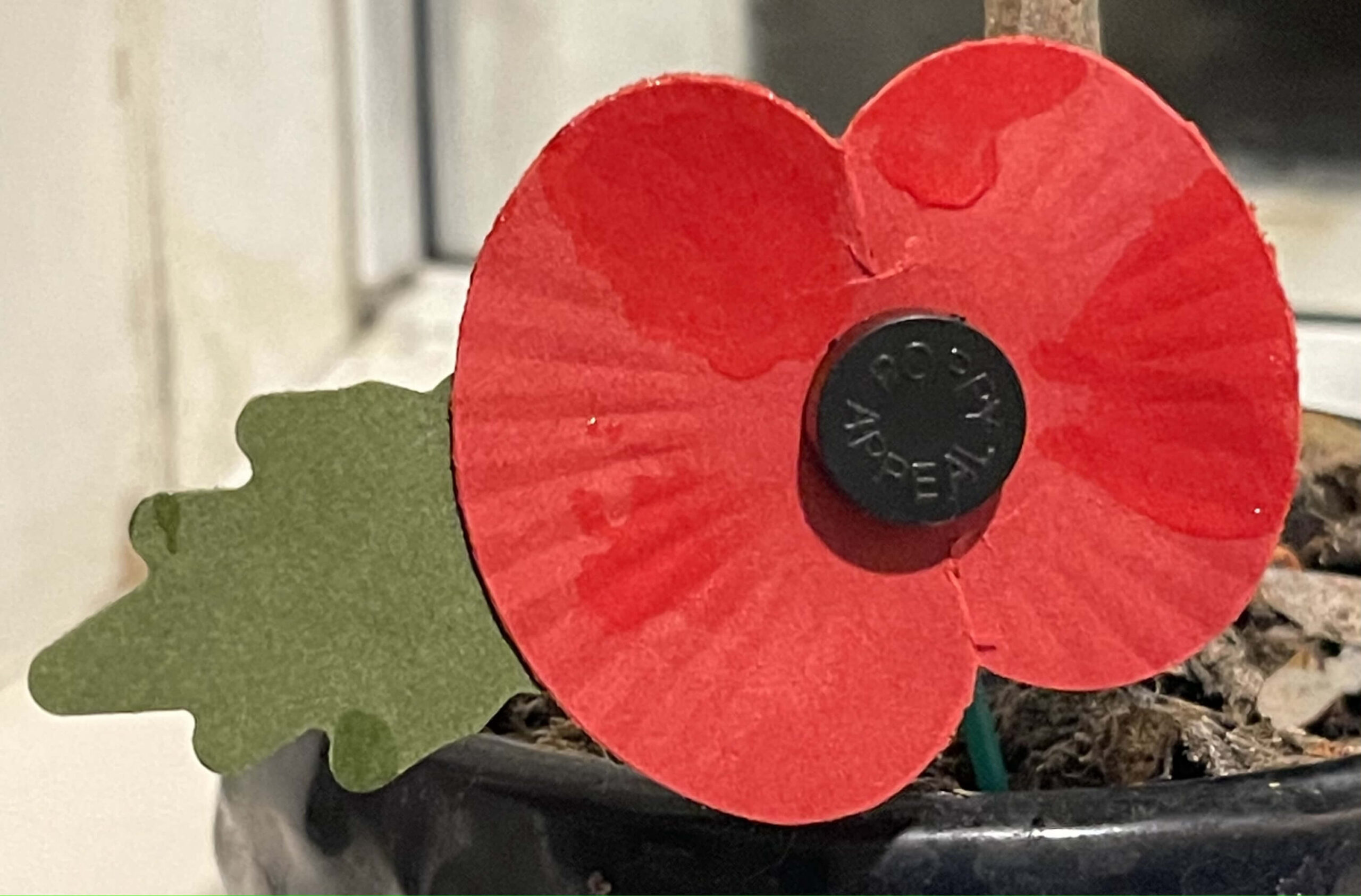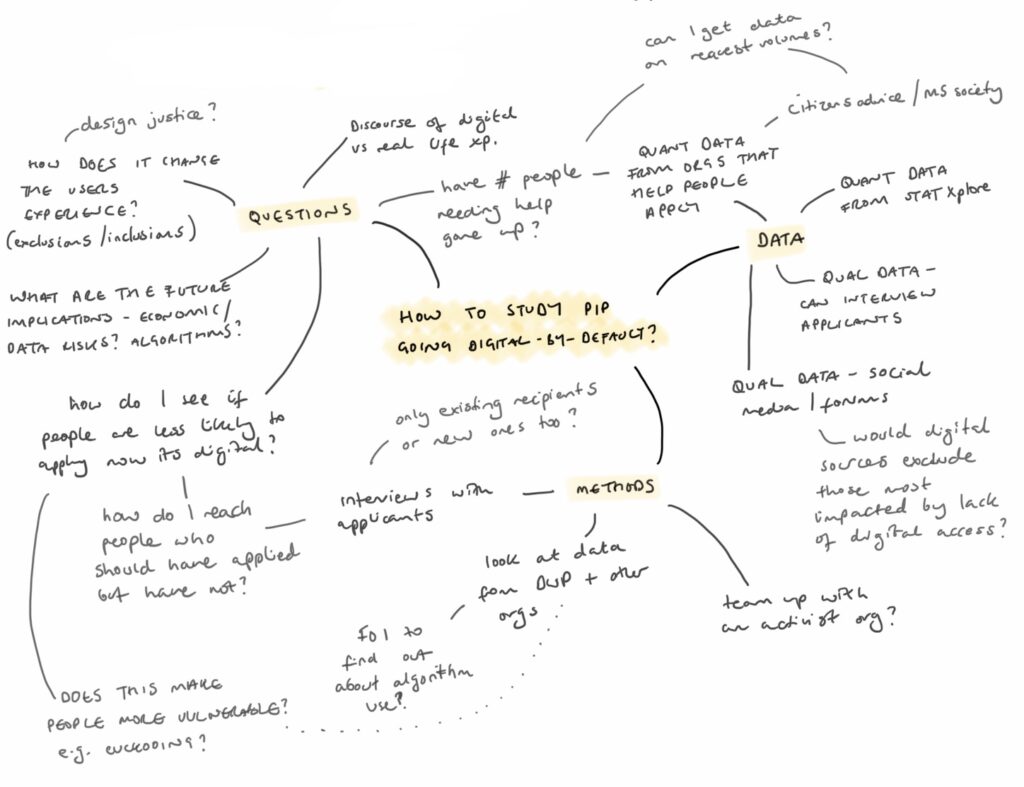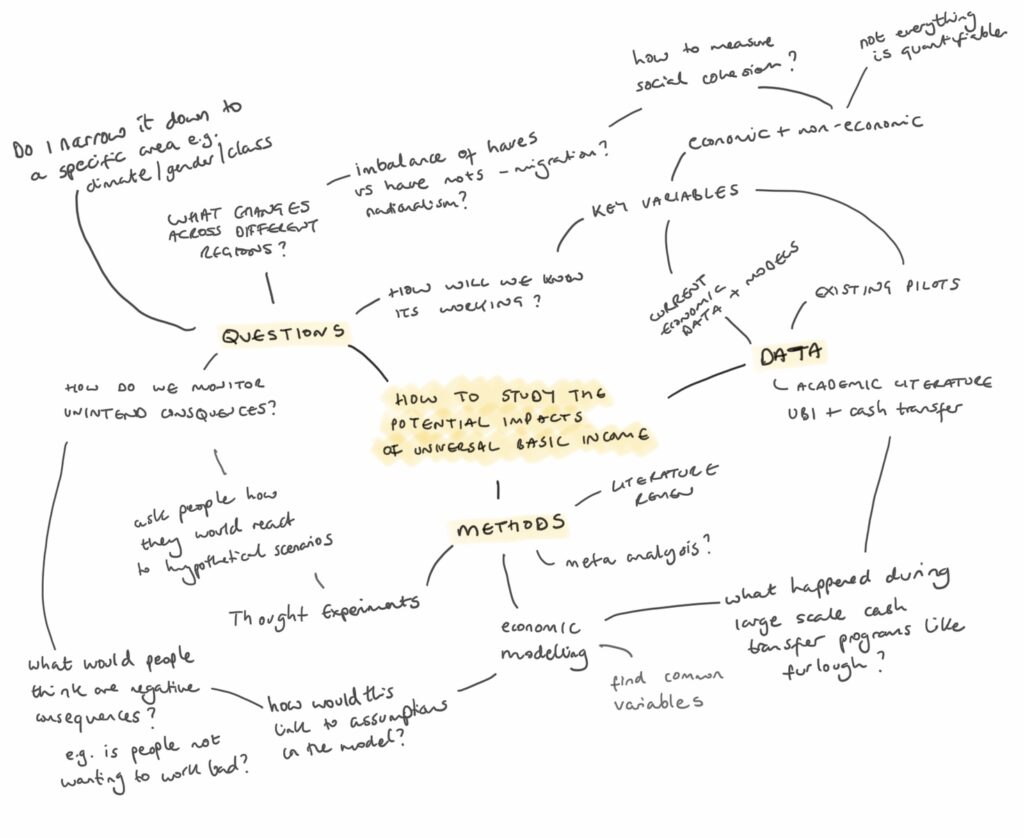[4] Was this the future we wanted?

 Today is remembrance day in the UK and it made me wonder about whether this was the future my grandparents and their generation hoped for at the end of the Second World War. Is the state of this world one they felt proud to fight for? In the UK many great things came out of the rebuilding effort, the NHS, social housing, it propelled the feminist movement and racial equality. And I’m sure the standard of today’s life in terms of the access to information, education, medicine, technology etc. is something that is a good thing in many ways. However, there is also a lack of social cohesion, a demonisation and othering between the classes, the rise of nationalism, a cost of living crises, a housing crises and so on. It made me really reflect on the pivotal moment that we are sitting on and if we were to do things differently back then, what would we have chosen to do? Could we have adequately predicted today’s reality and made different choices? If no, how can we make good choices today for tomorrow?
Today is remembrance day in the UK and it made me wonder about whether this was the future my grandparents and their generation hoped for at the end of the Second World War. Is the state of this world one they felt proud to fight for? In the UK many great things came out of the rebuilding effort, the NHS, social housing, it propelled the feminist movement and racial equality. And I’m sure the standard of today’s life in terms of the access to information, education, medicine, technology etc. is something that is a good thing in many ways. However, there is also a lack of social cohesion, a demonisation and othering between the classes, the rise of nationalism, a cost of living crises, a housing crises and so on. It made me really reflect on the pivotal moment that we are sitting on and if we were to do things differently back then, what would we have chosen to do? Could we have adequately predicted today’s reality and made different choices? If no, how can we make good choices today for tomorrow?
I’m an optimist, so I do believe that if we think things through, and in an inclusive way we can forge a path forward that can be about good choices, and we still have the capacity to do this as a society. Disaster is so often a catalyst for change and I think a lot of us thought that the COVID pandemic was that catalyst – and I think sometimes how ‘lucky’ we all were to have a catalyst that was bad but not as bad as it could have been. However, I do wonder if as a disaster it was not big enough to drive the level of change needed. It’s a scary thought, especially as I was so personally impacted by the pandemic.
![]()

- Exclusion & Inequality Assignment – finished my toolbox assignment and did the referencing before submitting it – usually I’m fine with referencing but for some reason this time around I massively struggled. I think because a lot of my sources were databases and government content. I need to figure out what the approach is with these at some point. Really struggled to fit everything into the word count as I had a lot to say on the way that the DWP gather feedback, but wasn’t able to even start including it. Difficult to balance depth and breadth…and the book War on Disabled People gave me so many other angles to think about!
- Datafication, accountability and democracy post-intensive – Been working with my classmates on our presentation – it’s been challenging but fun. As a team we work really well together and I’ve been enjoying the insights from my classmates. I haven’t moved onto the essay yet but I have a clear subject matter (Github’s autopilot). I’m not sure of my angle yet.Much like the other assignments I’m finding the lack of a clear ‘question’ to answer quite difficult. I imagine to mark such varied work is also quite challenging for the tutors and I’ll be interested to see how the matrix gets applied in reality.
- Interdisciplinary weeks 7&8 – working on our final presentation now. Our team get on really well and we’ve been having fun but not sure we are quite getting the full value from the course. We are all highly interdisciplinary and all have careers – so thinking in an interdisciplinary way is more normal to us. Trying to show growth from the course content therefore is quite hard – I feel like it is teaching me to suck eggs a bit. Not sure how I’m going to do on the essay…
![]()

Juli gave me some really helpful ideas on how to look at the two projects and consider methodologies. I’ve brainstormed below using her ideas as a base and then adding in my own ideas and questions.
I’m a bit worried I might have a bit of a black-hole in my ‘methodology’ knowledge so need to explore that a bit more as I felt this area of ideas came up a bit ‘light’ – anyone got any good books to look at for this?
Reflecting on this process I think that the PIP project would be quite an evidence-based piece of work and could have the ability to actually inform future policy if I could partner up with an activist organisation – something that has been a goal of mine: being involved in shaping the future of policy for the better. The UBI research would be more theoretical and might be more grounded in a philosophy / social theory space and be less concrete. I am interested in going on to do future research (perhaps a PHD) and I’m hoping for it to be more in the cash transfer space. I am conscious that this is a less defined area and I’m going to have to do some more reading over December to think about an angle.






Recent comments